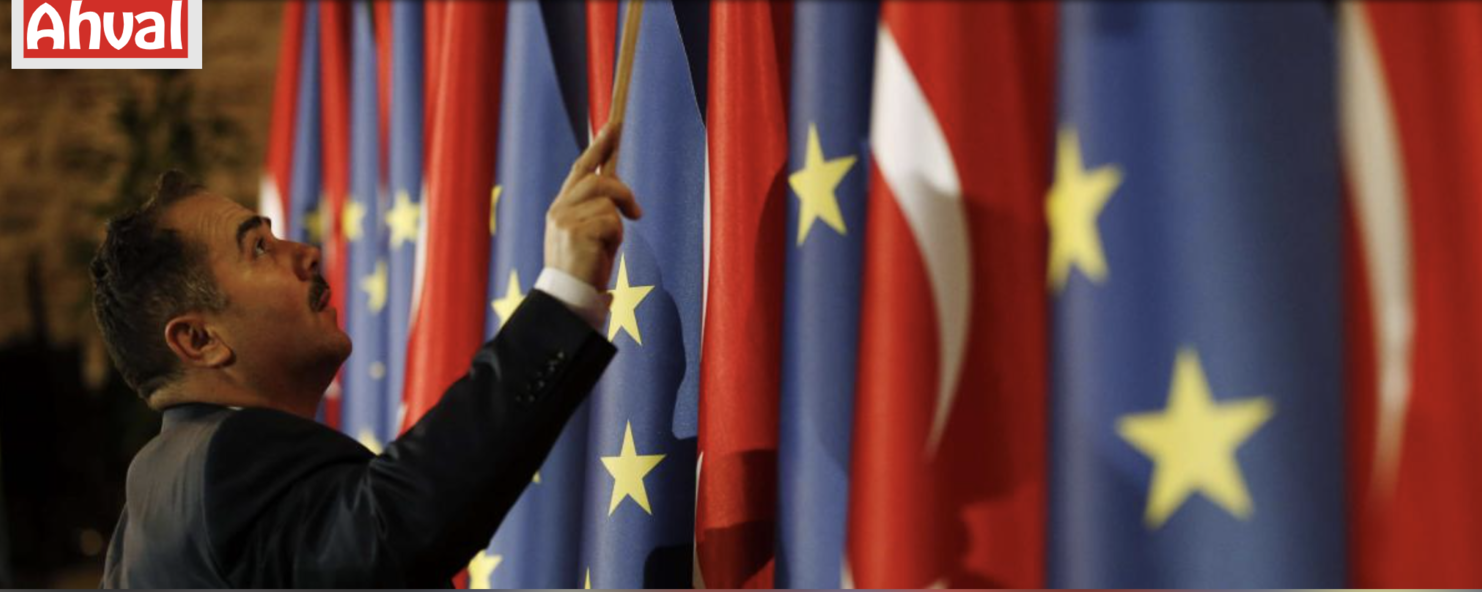EU-Turkey relations in 2021
2021 marked the “de facto end” for Turkey’s candidacy to join the European Union, wrote Turkish political scientist, columnist, and Ahval contributor Cengiz Aktar in the Maple Institute. As a result, he adds, “the deep-rooted assumption of an EU anchor for the stability of Turkey has permanently vanished.” Aktar does not see this state of affairs changing anytime soon. In the history of EU enlargement, beginning in 1973, Turkey’s candidacy is “the first speculator failure.” Furthermore, Aktar warns that Turkey is “decoupling rapidly from the West, sealing its de-Westernization drive and becoming increasingly authoritarian while Europe looks powerless to deal with an ever aggressive Turkey which has become a security issue for the continent.”
Aktar’s article is reprinted in its entirety below. The original can be read here.
2021 was the year during which the de facto end of Turkey’s candidacy for membership of the European Union (EU) has been consolidated. Accordingly, the deep-rooted assumption of an EU anchor for the stability of Turkey has permanently vanished. This state of affairs won’t change next year, nor during the years to come as long as the chances of a pro-EU political alternative are highly unlikely for Turkey. Along the same lines, the EU decision making bodies have removed from their political perspectives the Turkish accession to the European Club as well as any meaningful ad hoc co-operation with the exception of refugee gatekeeping.
In other words, it is no exaggeration to say today that in the history of the EU enlargement, starting on 1973 with the accession of Denmark, Ireland and the UK, the first spectacular failure is the candidacy of the Republic of Turkey. This failure is the making of both parties and its consequences are bitterly somber. Turkey is decoupling rapidly from the West, sealing its de-Westernization drive and becoming increasingly authoritarian while Europe looks powerless to deal with an ever aggressive Turkey which has become a security issue for the continent.
Seen from Turkish side
In Turkey during 2021 the EU membership perspective has entirely disappeared from the political agenda. Centuries-old anti-Westernism of Turkish politics now rides the waves and West-bashing has become the favorite topic of Turkish political life. Ankara, through its actions and declarations rejects the membership even when it pays lip-service to lure “hot money” lenders or to charm Turkey-appeasers in Europe. As for the opposition, the EU membership doesn’t mean more than the regime. The opposition parties, including the most broadminded one, the pro-Kurdish opposition HDP, hardly refer to the EU set of values and praxis in their various policy formulations.
Technically speaking, in addition to the abolition of the ministry in charge of the EU affairs in July 2018, ministerial sub-committees responsible for the harmonization with EU law and practices have been largely dismantled. The EU funds foreseen for the pre-accession period (€4,453 billion for the EU budgetary period for 2014–2020) were severely underutilized, at the level of 10 percent, due to lack of adequate projects. The negotiations are at standstill with 14 negotiation chapters out of 35 blocked in connection with the decades-old feud between Turkey and the EU member Cyprus. There was no progress on the 15 chapters theoretically under negotiation; only one chapter’s negotiation is done.
Commission’s yearly report, published on October 19, on Turkey’s advancement toward membership looked once again like a report on the shortcomings and was, once again, duly ignored by Ankara. Relations with the European Parliament have been reduced to recommendations to freeze or suspend the negotiations. Now Europarliamentarians are, with very few exceptions, against Turkey’s membership, especially since the referendum of 16 April 2017 when a hyper-presidential system without checks and balances, was adopted.
Bilateral relations with the EU member states’ politicians and public opinions continued to be at the lowest level, where any non-complacent declaration or action is countered with accusations of “Nazis” and “Fascists” by the Ankara regime.
Seen from the European side
On the European front in 2021, the past trends vis-à-vis Turkey have been consolidated. Governments continued to go as far as to introduce in their action plans the rebuttal of Turkey’s membership, like Austria and more recently the new coalition government in Germany, replicating thereby the position of the outgoing Merkel Government. Paris has directly told Ankara about the same wish. Every European decision maker knows since sometime now that, in Brussels’ terminology Turkey does not comply anymore with the Copenhagen Criteria, the compulsory benchmark for every candidate country. There isn’t one government nor public opinion in favor of Turkey’s EU membership left.
This state of affairs has already been translated into an EU Council conclusions on 26 June 2018, two days after the presidential election which completed the regime change. It reads: “The Council notes that Turkey has been moving further away from the European Union. Turkey’s accession negotiations have therefore effectively come to a standstill and no further chapters can be considered for opening or closing and no further work towards the modernization of the EU-Turkey Customs Union is foreseen”.
The declaration is short of formal end of membership negotiations as it looks difficult to reach the unanimity, some member states fearing from publicly antagonizing Turkey for a variety of reasons. Nevertheless, Turkey’s is now openly skipped in several official documents. Most significantly, Turkey has been excluded as “candidate country” in the joint eighteen monthly work plans of the rotating presidencies like the one which is expiring by December 31, covering the presidencies of Germany, Portugal and Slovenia. The same exclusion will most certainly be restated in the forthcoming work plan for the presidencies of France, the Czech Republic and Sweden covering January 1, 2022 – June 30, 2023.
Similarly Turkey has been decoupled officially from the six other candidate countries and appears now under a new heading. The directorate general of the European Commission in charge of Neighborhood and Enlargement Negotiations (NEAR) classifies Turkey under “Southern Neighborhood, Turkey, Migration/Refugees and Security issues” sub-division. That speaks volume.
Along the same lines, there is no more political dialogue on issues of common concern except ad hoc deals such as the Refugee Deal consisting in keeping Syrian and other Middle-eastern refugees in Turkey and thus not letting them continue their journey towards Europe.
The so-called positive agenda
At the final meeting of the year, on December 14, after enumerating countless shortcomings regarding domestic issues as well as bilateral relations with the EU and tallying countless wishes for Turkey to redress the ongoing destructive state of affairs, one of the EU’s highest decision making bodies, the General Affairs Council helplessly confessed in the final paragraph that “The Council notes with regret that Turkey continues to move further away from the European Union, and recalls its previous conclusion which noted that Turkey’s accession negotiations therefore effectively have come to a standstill and no further chapters can be considered for opening or closing”.
“Moving further away from the EU”, that is actually what sumps up the EU-Turkey relations as of 2021. EU’s Turkey policy is now shaped with this basic assumption and attempts to develop all sorts of interim tactics to safeguard its interests in and vis-à-vis Turkey. These are fivefold. Europeans are terrified by the prospect of losing “NATO partner Turkey” to Russia, of jeopardizing their economic interests in Turkey, of risking the Refugee Deal, of provoking aggressive elements of Turkish diaspora in the continent and more than anything of accelerating Turkey’s implosion. Thus they are ready to consider positively the slimmest “non-negative” move by Ankara to pretend to engage with Turkey.
This is within this state of mind that a new gimmick called “positive agenda” was devised by a staunch Erdoğan supporter in the European Commission, actually its vice-president in charge of external policy, the Spaniard Josep Borrell. Thus on March 25 the EU Council declared being committed to “maintaining an open and frank dialogue, to addressing common challenges and to cooperating in essential areas of joint interest such as migration, public health, climate, counter-terrorism and regional issues.” This, on the condition that Ankara would cease to threaten militarily two member states Cyprus and Greece. Of course such a minimalist and vague approach couldn’t lead anywhere and the positive agenda as a borne dead initiative, never really applied. By now it is probably buried.
Consolidation and failure of the appeasement policy
Last October, during an EU Council meeting the then Chancellor Angela Merkel valiantly fighting to block sanctions against Ankara while pushing to impose sanctions on Minsk, affirmed that the latters were an “important signal” to those who stand in the way of democracy…in Belarus! Sanctions against Ankara were not even related to any democratic shortcoming. Despite the fact that both societies suffer under dictatorships and both try to resist them, the EU empathizes with Belarusians but openly ignores Turkish citizens more than the lip-service filled with an assortment of “concerns”. For instance in January the then Interior Minister Heiko Maas, in a visit to Ankara bluntly reaffirmed his government’s position by declining to answer questions relating to the rule of law, qualifying them as “internal matters”.
It’s essential to grasp Berlin’s noxious role. Satisfied with the de facto end of membership prospect, Berlin is not shy to be a full partner of Ankara. The Chancellor has developed a special relationship with her counterpart, paid ten visits to Turkey, a record among Western politicians. As Merkel kept visiting and receiving Erdoğan in Germany, Ankara’s abuses became blatant. But neither the totalitarian drive at home, nor the aggressive moves in the Aegean, Eastern Mediterranean, Iraq, Libya, Syria, and the regional sponsorship of jihadism deterred her unconditional support.
The EU is now embarked upon a full appeasement policy led by Berlin with the solid support of Bulgaria, Hungary, Italy, Malta, Poland, Romania and Spain. The new pro-Erdoğan axis’ blueprint is the borne dead positive agenda. All year long, empty rhetoric on reforms, pro-EU utterances and tactical retreats from confrontational moves abroad, have been taken for granted by this pro-Erdoğan axis. All in all, the EU refused to diagnose that Ankara’s modus operandi contradicts its norms, standards, values and principles which are just obstacles to the “smooth” functioning of the Ankara regime.
Alas, appeasement is never an answer since the Munich Deal of Chamberlain and Daladier with Hitler in September 1938. Indeed the same outcome happened with Erdoğan: The more the EU appeased, the more Erdoğan used and abused EU’s concerns and angsts, the more his regime’s lifecycle got extended and the more the anomalies deepened.
During 2021, Ankara regime has unmistakably become a security issue for Europe and the West, which needs to be properly and urgently addressed.

